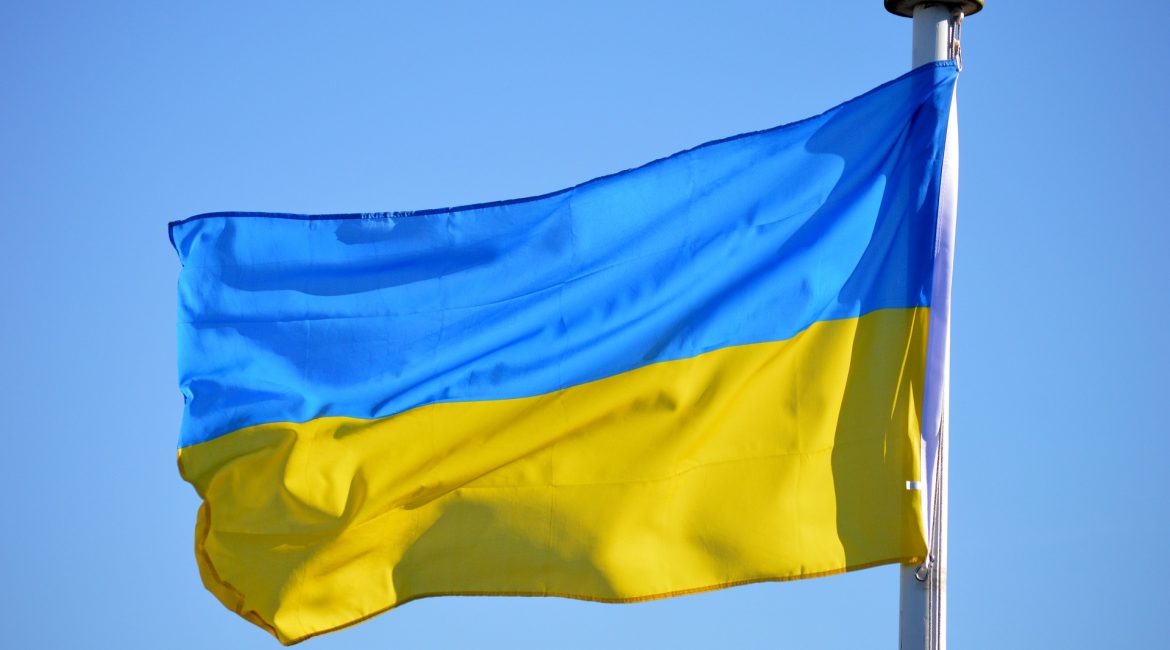Sixth month of the conflict between Russia and Ukraine and monotony is already beginning to reach the newsrooms of Western media. The West does not like wars, but it especially does not like long wars. And it is on this that Putin is counting to save face and reverse a situation that today seems compromised: the conviction that in the end, the United States and its European allies will get tired, that electoral cycles, the inflation and the crisis of purchasing power will prevail over the images of devastated cities, deaths and rapes.
On the other hand, this violent, repetitive war, high intensity conflict on a continent that thought it had abolished war, is not an end but a beginning. In order to prepare for the future, it is high time to state a certain number of truths which shatter the illusions which have held the West since the end of the Cold War.
The reality is that Europe had a narrow escape. Putin's hastiness pushed him to make a huge error of judgment, because Ukraine was probably the country best equipped to contain the Russians: 200,000 soldiers, benefiting from years of training by NATO personnel and a modern command, equipment adapted to the conflict and to the terrain, tactics which have proven themselves in the integrated and multidimensional theatre, mobility, subsidiarity and intelligence in real time. Thus, Putin's huge miscalculation has offered the West not only the opportunity to rearm, but also to rebuild an alliance that has become obsolete.
The reality is that this war represents a unique opportunity to permanently weaken Russia: enormous losses in equipment – a Russian MI-28 attack helicopter costs 12 million dollars (11.3 million euro) and the Ukrainians have already destroyed more than a hundred; a T-14 tank is worth 7 million dollars, and the Russian army has already lost 650 of them – in men, lasting impact on morale, on the command structure (already twelve Russian generals shot down) and, naturally, the fall of the rouble, risk of economic collapse, gradual exit from Russian energy dependence, etc.
To offer Putin a way out today would be counterproductive: he would learn from his mistake and embark next year on a new aggressive adventure, this time with the right target and the right strategy. The stalemate for months or years gives European armies time to repair the damage caused by the culpable military and diplomatic negligence of their governments for twenty years.
The international financial system is controlled by the West, which explains the partial alignment of many countries with the condemnation of Russia. But China, India, Saudi Arabia and many others refuse to side with the West. Chinese leaders understand Putin, but can't support him.
As for the civilian populations in Africa, the Middle East and Asia, according to available polls, they are very divided on the conflict. If the images of the war do not arouse admiration for Russia, the West's "relentlessness" against Moscow is too reminiscent of the economic and cultural domination endured for decades and evokes selective self-pity based on nationality, religion or skin colour (see the treatment of Ukrainians and Syrian Kurds at the Polish border).
Until the West realizes its growing ideological isolation in a complex and diverse world, Russia, China, Turkey and all authoritarian countries will continue to redefine the future world order. Already, it clearly appeared that Russia had supplanted the United States in the Middle East. Since the start of the conflict, Saudi Arabia and the United Arab Emirates (UAE) have refused to take sides. Interpretations vary: a welcome increase in oil prices, a desire to reduce dependence on the United States, the role of Russia, a new "mediator" in the region thanks to its influence on Syria and Iran.
But the real reason lies elsewhere: twenty years of catastrophic, erratic and, above all, lesson-providing American diplomacy. The more Westerners seek to promote their "universal" values in countries that refuse them, the more these same countries will seek alliances with dictatorships whose authoritarian and conservative values they share.

